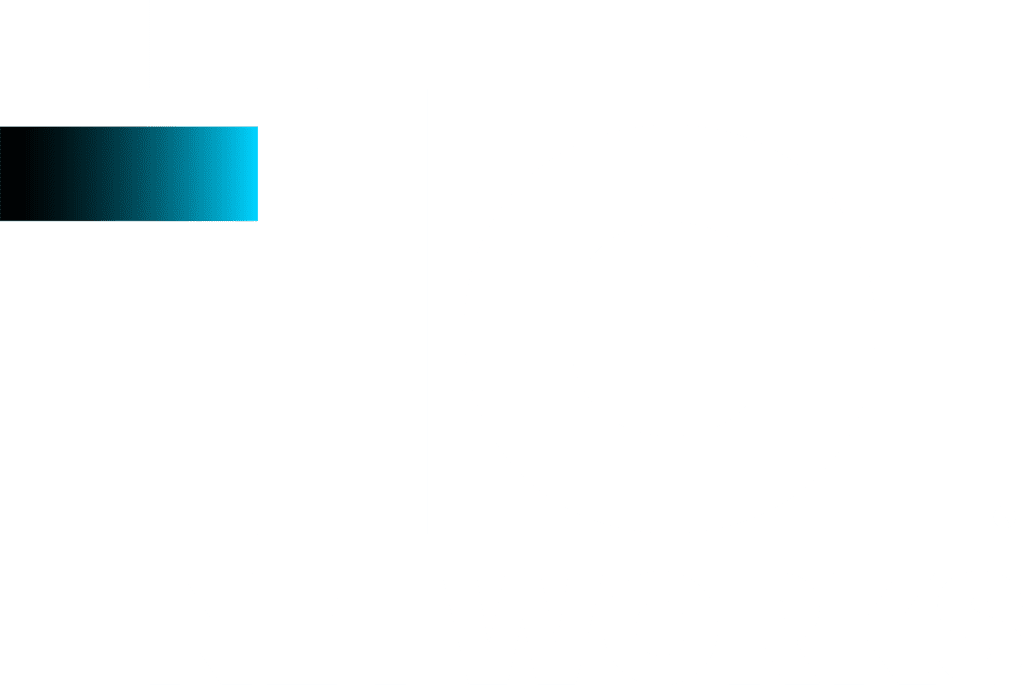There’s a lot at stake when it comes to choosing an Internet Service Provider (ISP) for your business. Not only do your employees need to access tools like email, but companies also increasingly rely on web-based solutions for provider and customer interactions. Technology like Voice over Internet Protocol (VoIP) and cloud-based collaboration tools make a reliable connection critical for meeting business objectives.
How do you choose the right ISP to support your business? There are multiple factors you should consider in your decision:
Type of internet connection:
With the right ISP, you will not have to be concerned about your location or how updated the internet connections are in your area. There may be multiple options available to you, and a provider such as iTel will help you make the right selection.
DSL: A cost-effective connection, DSL is widely available and can provide a variety of speed profiles.
Cable: With higher bandwidth capabilities than DSL, Cable internet connections are a cost-effective way to get more from your internet.
Fibre: Currently the leading connection in speed and reliability, fibre is attractive to businesses looking for capacity. It works by accessing the internet using light transmitted through mirrored tubes, allowing for high bandwidth and faster download times of up to 1 Gbps. True business fibre connections – as opposed to residential – will provide dedicated, point-to-point connectivity for guaranteed speeds.
LTE: Connecting via the cellular network can be a great way to get reliable bandwidth in locations without wired infrastructure. LTE can be a great option for both your primary or failover connection via circuit bonding.
Fixed wireless: If your location has unexpected barriers to fibre infrastructure, you can still access high-speed ethernet connectivity via fixed wireless. In partnership with an on-net (has fibre) location, the data signal can be beamed to your location via a radio signal. Installing the equipment for this connection relies on having an unobstructed line of sight between the transmitter and receiver, but in many cases is a great way to overcome obstacles.
Satellite: This is often a good option in rural areas because satellite doesn’t require cables or a nearby wireless tower. You’ll simply need a dish installed to bounce a signal from satellites. Compared to other types of high-speed internet, satellite connections can see speeds of 25 Mbps down and 4 Mbps up.
A few other considerations:
There are some other extras or limitations that you may want to ask about before making a decision.
- Static IP address: If you have a virtual private network (VPN), a static IP address is important.
- Symmetrical Speeds: Most connections will have different download and upload speeds, with the download being the higher number. Traditionally this made sense, but with more cloud applications and SaaS options, inadequate upload speeds can become a problem. Symmetrical connections mean you get the same “up” speed as “down.”
- Check service guarantees: Is there a service level agreement (SLA)? Find out how their SLA compares with those of their competitors. You should also look for a guarantee of a certain level of uptime or uninterrupted service. Find out what happens if you do experience an interruption. Is there a credit issued on your invoice? Find out their average resolution time for an interruption. Are there dedicated support reps for business clients? When you call, what expertise will the help desk have to resolve a problem or answer your questions?
Choosing an ISP isn’t a complicated decision, but it’s a critical one. Make sure you know the factors that should be included in your decision and contact us at iTel. We can help you ensure that this important backbone of your business is reliable, cost-effective and supportive of your business objectives.





